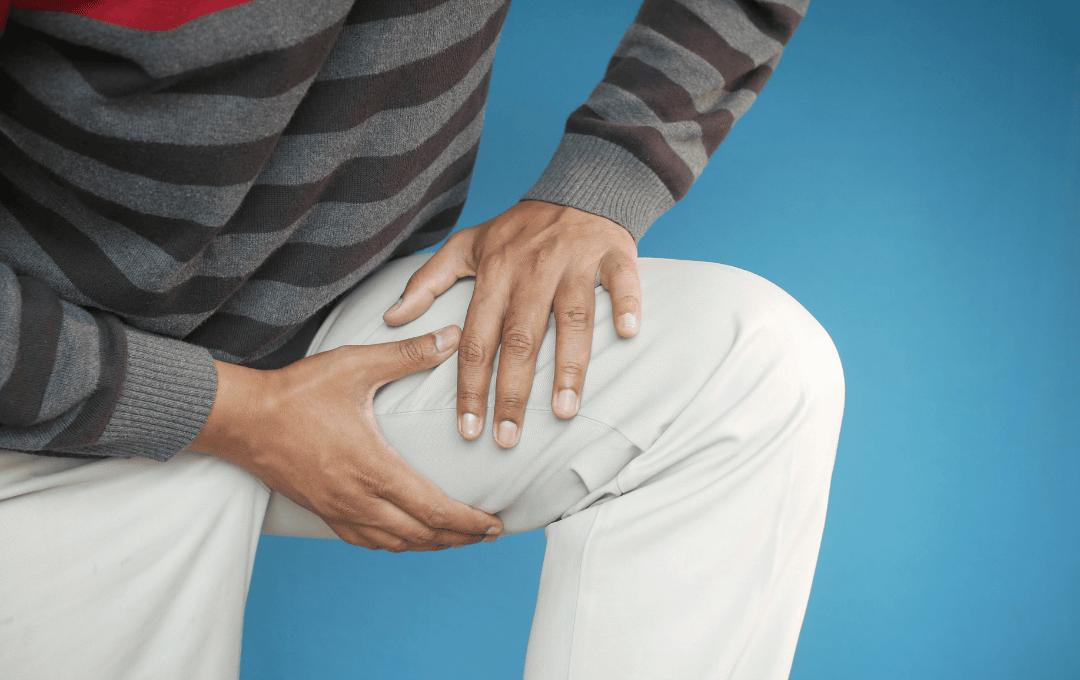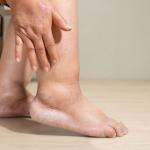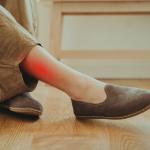
Have you ever noticed a tingly feeling in your thighs—almost like pins and needles? While it may seem harmless at first, this feeling could be your body’s way of alerting you to possible issues with circulation and vein health. Paying attention to these subtle signals is important, especially if they happen often or are paired with other symptoms.
Why Do You Feel Tingling in the Thighs?
A tingling feeling in the thighs happens when there’s reduced blood flow or pressure on the nerves in the legs. In many cases, this sensation is short-lived and goes away on its own. However, if it persists, vein-related conditions may be to blame.
Some of the most common vein-related causes include:
-
Chronic Venous Insufficiency (CVI): When valves in the veins weaken, blood pools in the legs, which can cause tingling, heaviness, and swelling.
-
Varicose Veins: Enlarged, twisted veins can disrupt normal circulation and lead to tingling or throbbing sensations in the thighs.
-
Deep Vein Thrombosis (DVT): A blood clot in a deep vein may cause tingling, pain, or swelling and requires immediate medical attention.
-
Poor Circulation: Reduced blood flow to the thighs can create a pins-and-needles effect, often worsened by long periods of sitting or standing.
Risk Factors That May Trigger Tingling
Certain factors can increase your likelihood of experiencing thigh tingling related to vein health:
-
Age: Veins and circulation naturally weaken over time.
-
Pregnancy: Extra pressure on the veins during pregnancy can cause tingling or discomfort.
-
Lifestyle: Lack of physical activity, obesity, or standing for long periods can all contribute.
-
Family History: Genetics play a strong role in vein disease.
When Tingling in the Thighs Is a Warning Sign
Not all tingling is serious—but if it happens often, it may be a red flag for vein disease. Along with tingling, watch for:
-
Throbbing, burning, or aching sensations in your thighs
-
Swelling or heaviness in the legs
-
Visible varicose or spider veins
-
Skin changes, such as discoloration or dryness
These symptoms can indicate underlying circulation problems that may worsen without treatment.
Find a Varicose Vein Clinic Near You
Treatment Options for Tingling Caused by Vein Issues
If your tingling is linked to vein health, a vein specialist may recommend:
-
Lifestyle Changes: Regular exercise, leg elevation, and compression stockings.
-
Minimally Invasive Procedures: Options like sclerotherapy, laser therapy, or endovenous ablation to close off unhealthy veins.
-
Medical Evaluation: An ultrasound can check for underlying issues like CVI or blood clots.
When to See a Vein Specialist
If you regularly experience a tingly feeling in your thighs, don’t ignore it. Persistent tingling, especially if paired with swelling or visible veins, can signal vein disease. The earlier you get evaluated, the easier it is to treat the underlying problem and improve your circulation.
Final Thoughts
That tingly sensation in your thighs may be more than just temporary discomfort—it could be your body’s way of alerting you to circulation issues. From varicose veins to chronic venous insufficiency, addressing vein health early can help you avoid complications and keep your legs feeling strong and healthy.





